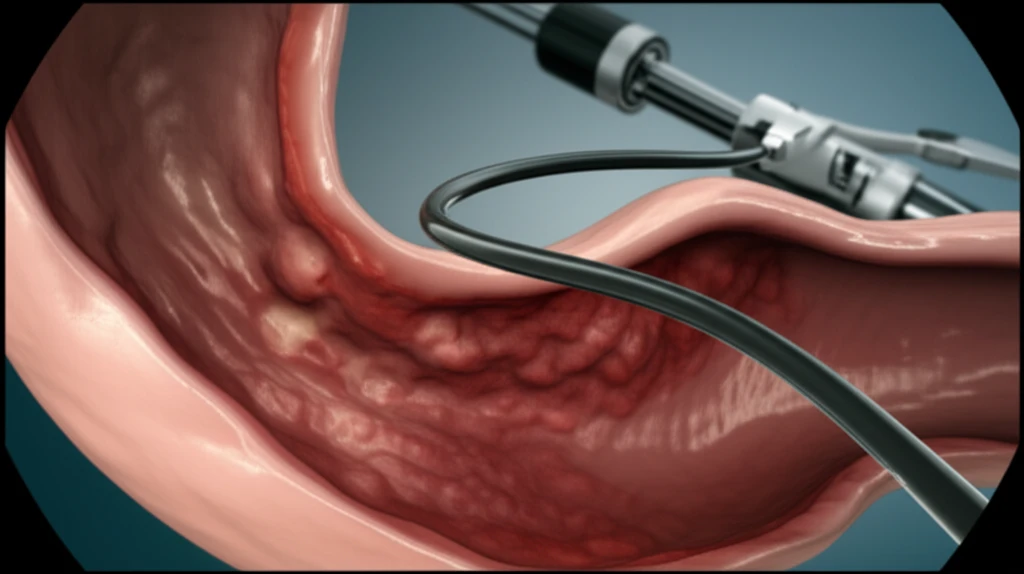
Is Endoscopy Before Bariatric Surgery Always Necessary? What the Data Says
"A large study in the Middle East sheds light on the value of routine upper endoscopy before weight loss surgery, challenging conventional wisdom and raising important questions for patients and surgeons."
For individuals considering bariatric surgery, the journey involves numerous pre-operative evaluations to ensure the best possible outcome. One common procedure is an upper endoscopy, where a doctor uses a camera to examine the esophagus, stomach, and duodenum. The question is, is this procedure always necessary?
Morbid obesity is frequently linked to gastrointestinal issues, significantly increasing the risk of conditions like gastroesophageal reflux disease (GERD), erosive esophagitis, and hiatal hernias. In fact, those with obesity are 2 to 3 times more likely to experience upper digestive diseases compared to individuals with a healthy weight, highlighting the importance of thorough pre-operative assessments.
While some surgeons consider upper endoscopy a crucial step to rule out any underlying gastrointestinal diseases that could impact the surgical plan, others argue that it's an unnecessary procedure that exposes patients to potential risks, such as complications from sedation, especially given that many bariatric patients have existing health concerns. A recent study aimed to clarify this debate by reviewing the records of over 1200 patients who underwent preoperative endoscopy before bariatric surgery.
The Value of Routine Endoscopy: What the Study Revealed

Researchers in Dubai reviewed the medical records of 1278 patients who had undergone preoperative endoscopy at Rashid Hospital between 2013 and 2016. The study, published in Endoscopy International Open, divided patients into three groups based on endoscopy findings:
- Group 0: Patients with normal endoscopy results.
- Group 1: Patients with abnormalities that wouldn't affect the timing or type of surgery.
- Group 2: Patients with abnormalities that directly impacted the surgical procedure.
The Bottom Line: Is Endoscopy Right for You?
This study suggests that routine endoscopy plays a significant role in preparing patients for bariatric surgery, particularly in the Middle East. The high prevalence of abnormalities detected through endoscopy led to changes in the surgical plan for a substantial number of patients.
However, it's important to remember that every patient is unique. Factors like your individual risk factors, symptoms, and the specific type of bariatric surgery you're considering will all play a role in determining whether or not an endoscopy is necessary. The decision should be made in consultation with your surgeon, weighing the benefits and risks in your specific case.
As research continues and more data becomes available, guidelines may evolve. This study adds to the growing body of evidence that will help surgeons and patients make informed decisions about the role of preoperative endoscopy in bariatric surgery.
